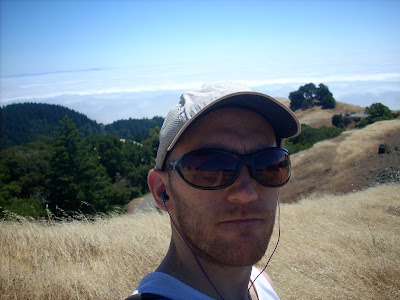Western Express Bicycle Map Comments (Wonkish)
I finally typed up my comments on the Western Express Adventure Cycling Maps for the AC cartographer who encouraged me to do so. I thought I'd post them here for the benefit of anyone who might google across them, as they're too long to just post in the comments of my original bike trip entry . Here they are. Map 2: Is Pinto Summit 7,376 or 7,351 feet? Is Pancake 6,521 or 6,517 feet? Is Robinson 7,588 or 7,607 feet? [I don't think these minor differences matter in terms of physical effort to get you to the top, but it's just nice to be consistent between sides of the map.] Map 1: The directions for map 6 in Placerville are wrong (and illegal for cyclists). On the detailed map, the red line stops, but the black line appears to direct cyclists onto Route 50 briefly starting at Canal St. (Westbound). The written directions just say "Placerville. See Detail... Merge onto US 50. Matchline." However, at the intersection of Canal St. and Hwy 50, although there is a ...

